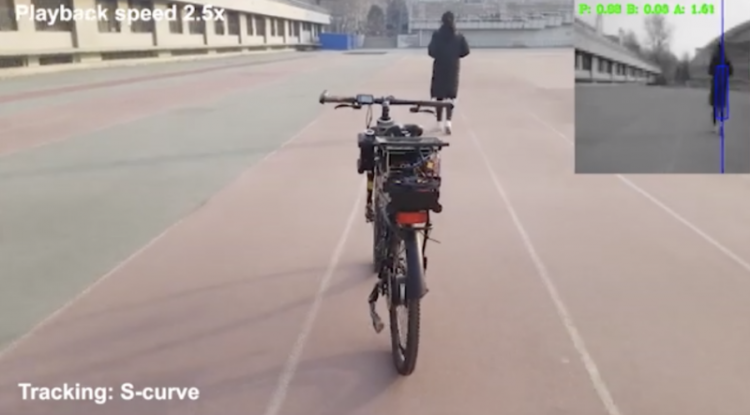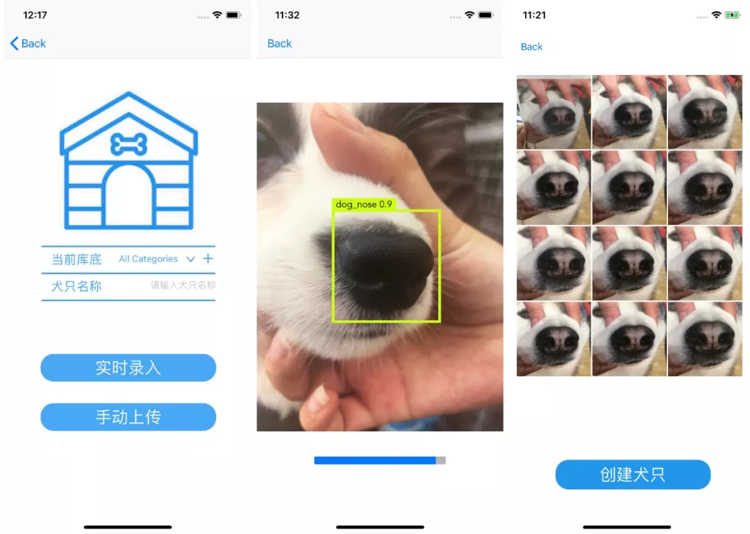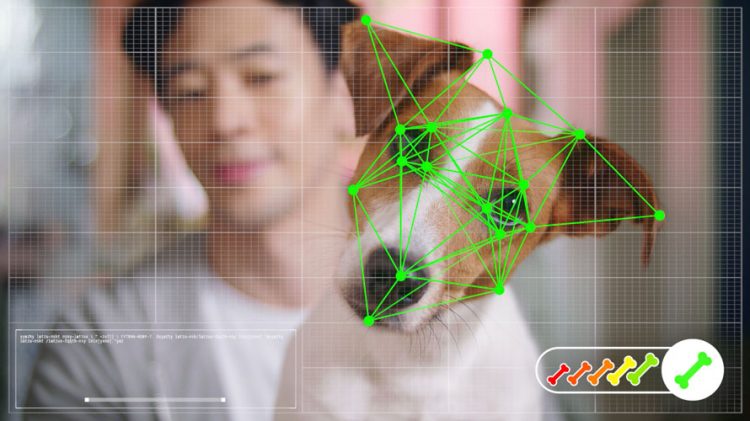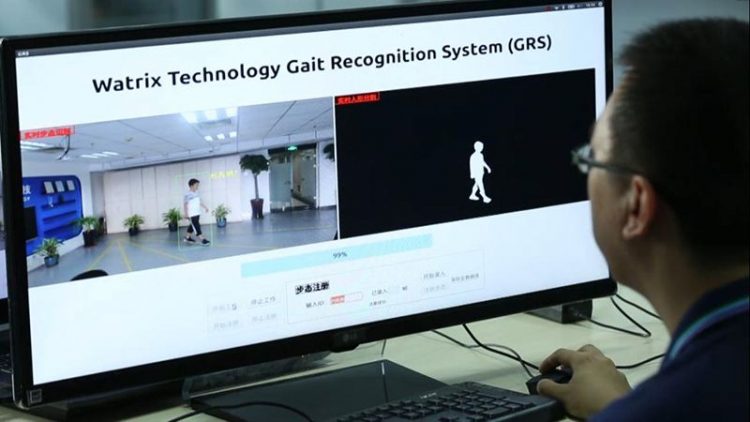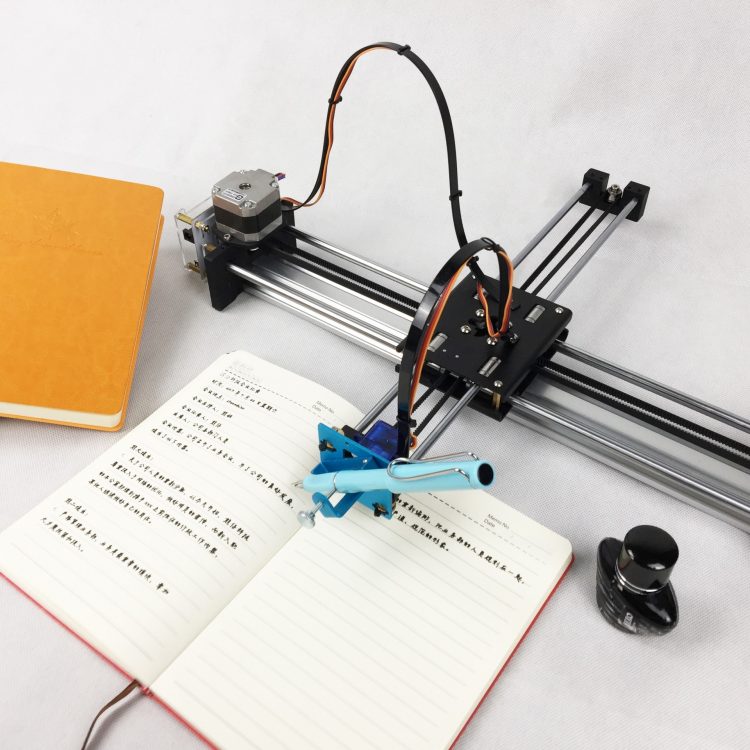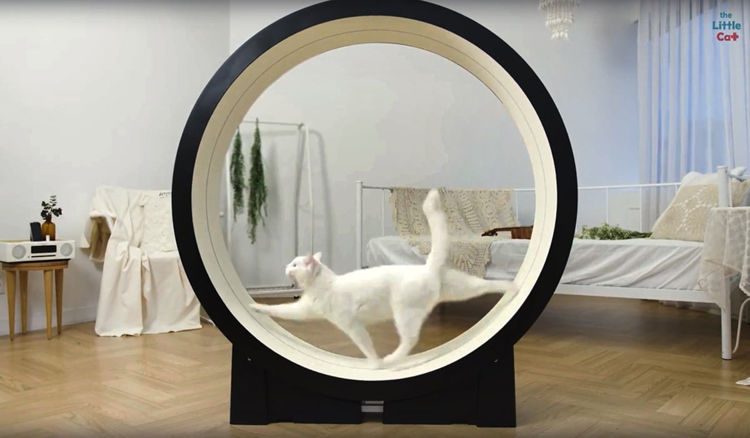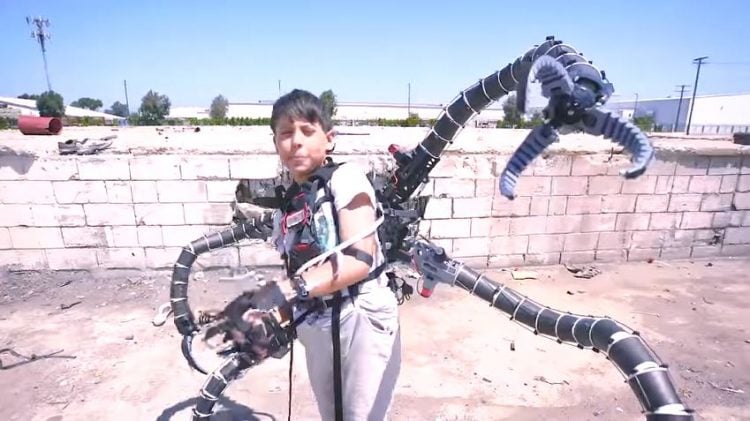While tech giants like Tesla and Google are working hard to perfect autonomous cars, a team of scientists in China is developing a self-driving bicycle and their results are pretty impressive.
Showcased in a short video presentation, the autonomous bicycle developed by scientists at Tsinghua University, in Beijing, can balance itself while also avoiding obstacles, following certain trajectories and obeying vocal commands. It can do all these things thanks to a revolutionary type of computer chip that combines two different architectural approaches to computing that hadn’t really worked well together until now, due to communication difficulties between the two systems. However, if this self-driving bike is any indication, the Chinese seem to have solved those issues.

